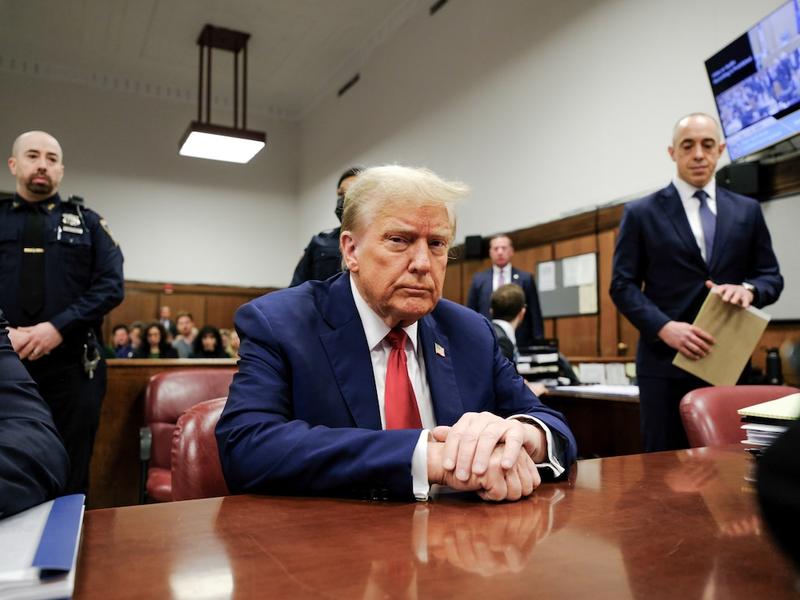
For more years than I would like to think about, a phrase coined by my freshman college English professor has come to my mind. Trying to coax a class into explaining the essence of a particular short story, the professor facetiously asked, “What is its aboutness?” That’s how I often think about what an upcoming election will turn on.
So what will the 2022 midterm elections be about? Midterms have long been referenda on incumbent presidents, as the electorate—more specifically, independent voters—often vents its spleen with buyer’s remorse over the performance of a president.
Last week, this column looked at the narrow “trading range” of American politics today, a new phenomenon of high floors and low ceilings of presidential approval created by extreme partisanship. Almost two-thirds of Americans identify as partisans and about nine out of 10 of those fall monolithically into patterns of approval/support or disapproval/opposition based entirely on whether a president or candidate is of their party or the other. That leaves any real flux in the hands of “true” independents—the 5 to 12 percent of all adults who don’t lean one way or the other.
But what drives these independents? For generations, until about a dozen years ago, Americans were known to put their assessment of the economy first and foremost; they were said to “vote their pocketbooks.” Then, under both the Obama and Trump presidencies, politics has increasingly become driven by identity and cultural wars, producing or aggravating extreme partisanship. As noted by political scientists Lynn Vavreck, John Sides, and Michael Tesler in their seminal book Identity Crisis, presidential approval is no longer correlated with consumer confidence. Note that President Trump’s approval ratings were hardly affected by how the economy was doing; his numbers were driven by attitudes about him personally.
But what about now? On Friday morning, the Bureau of Labor Statistics will release the unemployment rate for the month of May.
Will the new jobless rate and other economic indices point to a strengthened and vibrant economy, or one in danger of overheating into inflationary territory? Is it still in a fragile state, at risk of turning down again, perhaps triggered by some unexpected shock like cyber-ransom attacks? And if the economy isn’t doing well, will voters blame President Biden and his party, or will they march instead to the drummers of identity and culture?
Last year’s elections looked to be pretty much a referendum on Trump as a person and president. Interestingly, the much-maligned polling on both the state and national levels pretty much hit Biden’s share of the vote on the money. The number pollsters missed, for the second presidential election in a row, was Trump’s share. The undecided vote, which was relatively small but still quite relevant in a competitive race, seemed to break strongly for Trump, as well as for Republicans in Senate and House races.
To my mind, Republicans avoided a wholesale electoral washout last year thanks to talk in Democratic circles of “defunding the police,” “Medicare-for-all,” and other left-wing priorities. Meanwhile, the GOP was all too happy to remind voters of their rivals’ progressive tendencies, warning them about handing the keys of government to the likes of Bernie Sanders, Elizabeth Warren, and Alexandria Ocasio-Cortez. To the extent that some Republicans are not trying to relitigate the 2020 presidential election and reinstall Trump as president (indeed to the extent that the GOP has developed any strategy for next year), it is to continue to fight those fights.
The aboutness of this election won’t truly be known for at least a year. But every month, we’ll get clues that we’ll be sifting and winnowing to find the truth.

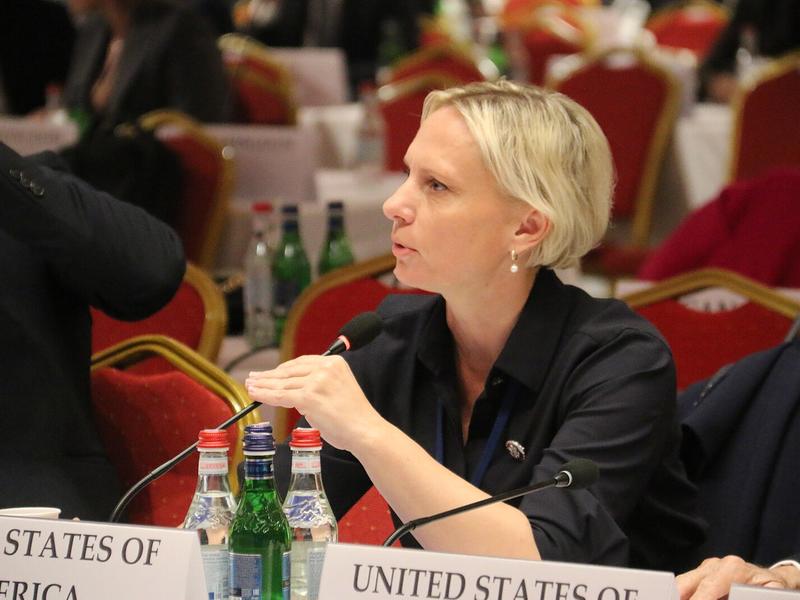



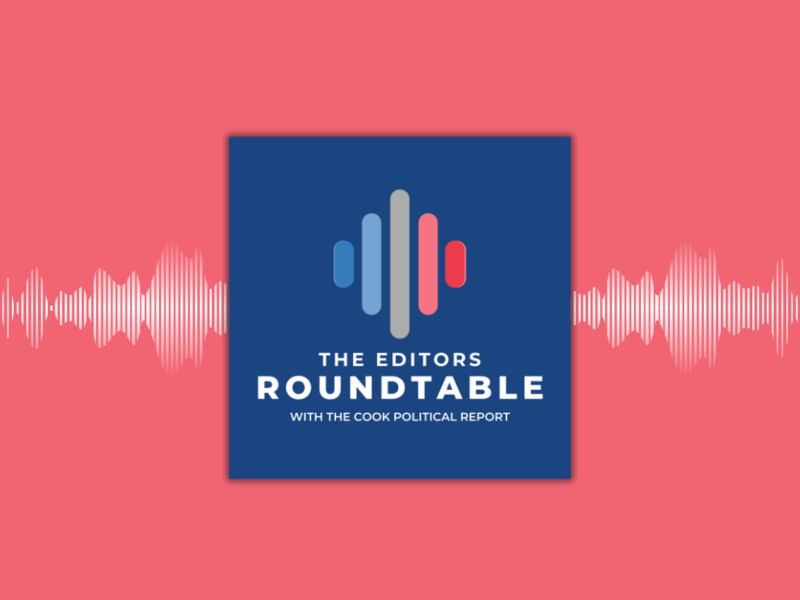

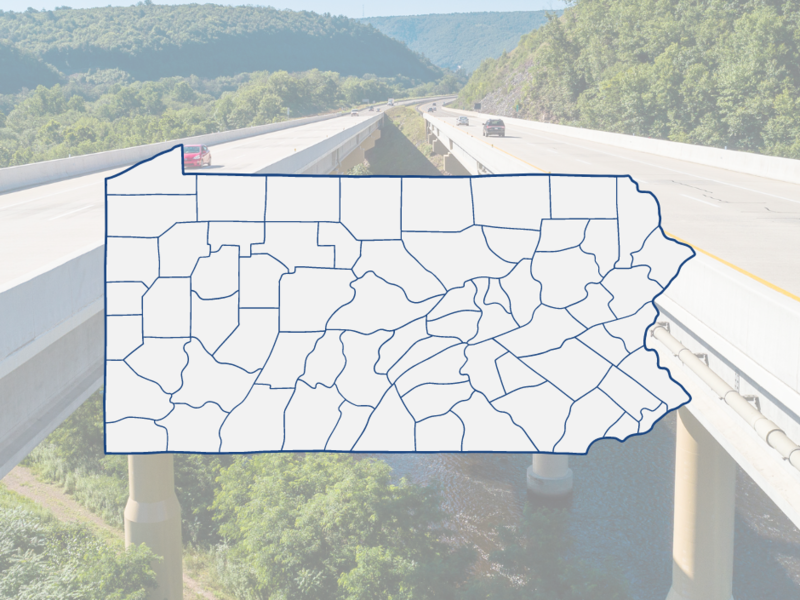
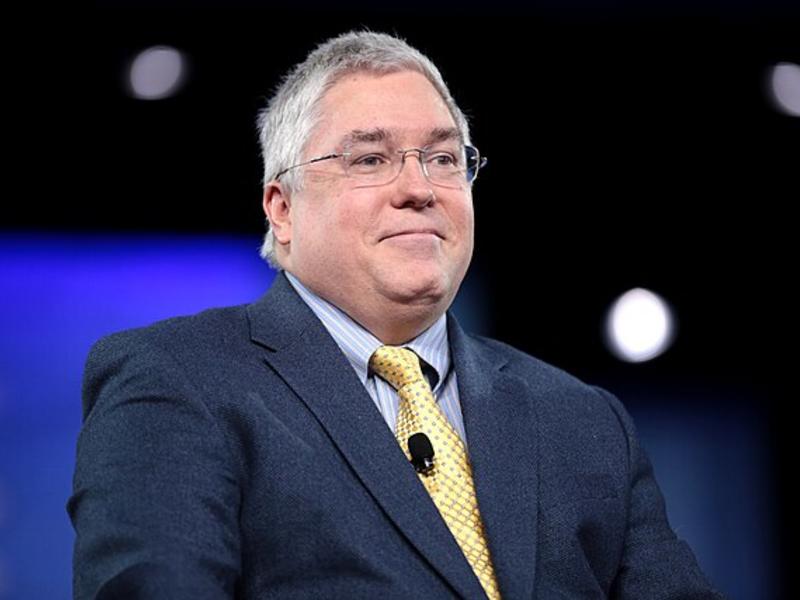

Subscribe Today
Our subscribers have first access to individual race pages for each House, Senate and Governors race, which will include race ratings (each race is rated on a seven-point scale) and a narrative analysis pertaining to that race.